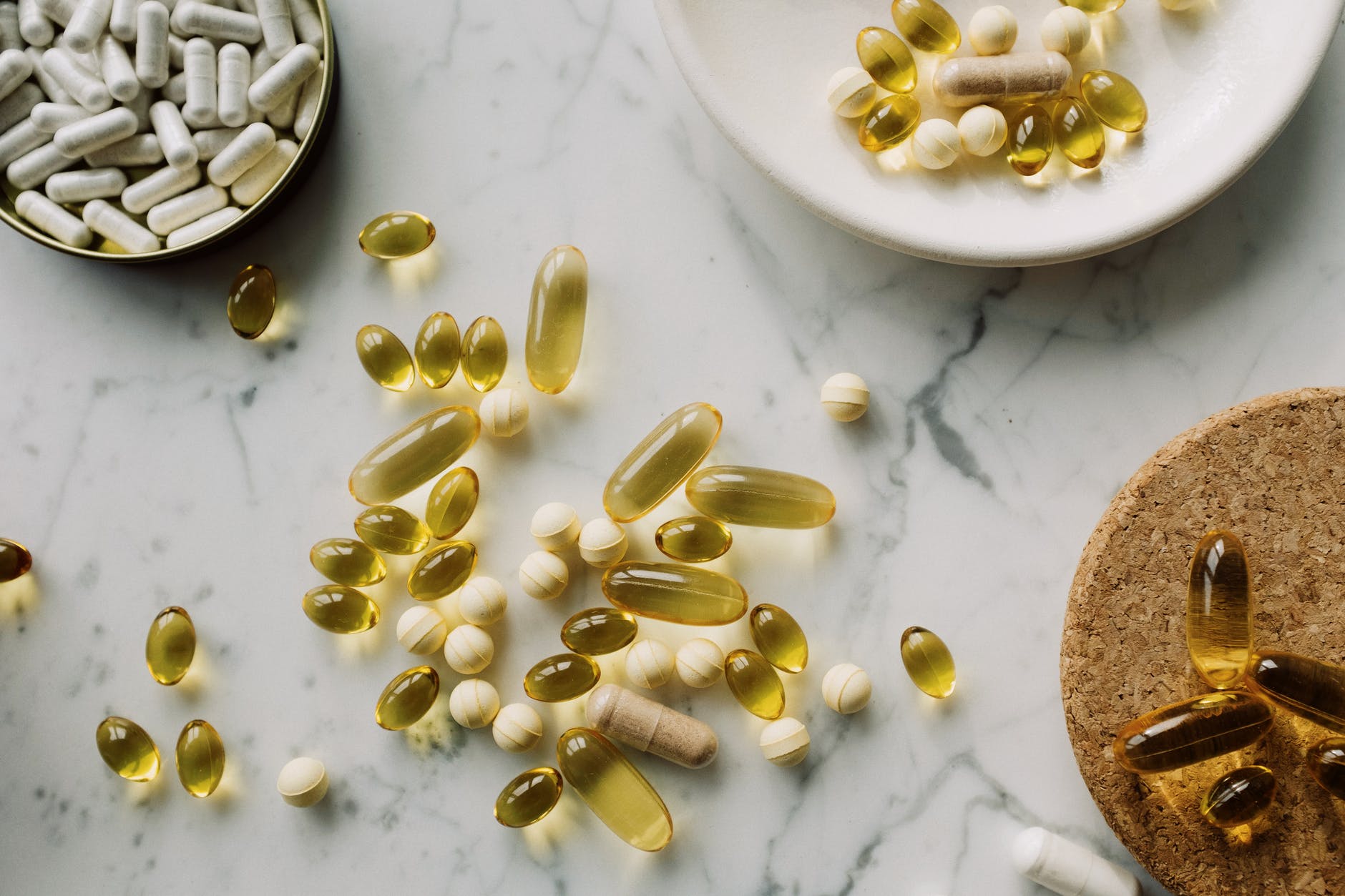8 healthy foods that are high in Vitamin D

Vitamin D intake among people has become more important now that we’re all stuck staying indoors.
A person should regularly take 10 micrograms or 400 IU of Vitamin D each day especially during the months between October and March, according to NHS. This is because Vitamin D is vital in keeping your bones and muscles healthy.
People normally get their source of Vitamin D from sunlight but given the circumstances, families are now accustomed to remaining indoors, sheltered away from the sun.
That is why we’ve found great alternatives so you can provide your family with much-needed Vitamin D.

There are various foods filled with Vitamin D that would be the perfect healthy addition to you and your child’s diet. Although your choices might be limited, here are yummy options for you to choose from so you can stock up on natural Vitamin D resources.
Salmon is an incredibly fatty fish, which makes it a great source for Vitamin D. It’s popular for its benefits and is healthy to eat.
Another great fatty fish source for Vitamin D can be from herring and sardines. These healthy fish can be served raw, canned, smoked or pickled.
Canned tuna is popular, especially now when we’re all stocking up on canned goods during the pandemic. It’s also a great source for Vitamin D and, a big plus, it’s cheaper than regular fish!
Not a big fan of fish? No problem, because you can still get a decent amount of Vitamin D from cod liver oil which is high in omega-3 fatty acids and filled with nutrients that you can’t get from other sources.
Mushrooms may be the only good and reliable plant source of Vitamin D since they can synthesize this nutrient by being exposed to UV light.
Eggs are also a great source for Vitamin D as its yolk contains minerals and other vitamins that are healthy for you. The Vitamin D levels of eggs also depend on the sun exposure of chickens and their feed.
Beef liver is filled with vitamin D, although parents should be aware that it is also high in cholesterol.
This includes cereals, cow’s milk, soy milk, orange juice, oatmeal and fatty spreads. These foods are fortified with Vitamin D and are a great source of the nutrient.

Since there are limited food sources for vitamin D and we can’t all be constantly exposed to sunlight, vitamin D supplements – or vitamin drops with vitamin D for younger children – can be a great alternative.
But parents should be careful about how much doses they give their children.
The NHS also provided recommendations from the Department of Health and Social Care on how much vitamin D supplements should be given at each stage of your child’s life.
Can be given a daily supplement with 8.5 to 10 micrograms of vitamin D.
Since instant formula is already fortified with Vitamin D, formula-fed babies should not be given supplements unless they’re being given less than 500ml of instant formula each day.
Can be given a daily dose of 10 micrograms worth of Vitamin D.
You can choose not to take Vitamin D supplements but if you like, you and your child can take daily supplements worth of 10 micrograms of Vitamin D.
People may suffer from Vitamin D deficiency if they get little sunlight or no sun exposure at all. For people with dark skin, it may be more difficult to gain Vitamin D from the sun.
In these cases, it is recommended that they take Vitamin D supplements or add more Vitamin D-induced food to their diet.
It may also be harmful if people have too much Vitamin D intake. Taking Vitamin D supplements more than the recommended amount over a long period of time might cause hypercalcemia which adds up too much calcium that it can weaken the bones as well as cause damage to your kidneys and heart.
It is not possible to overdose from Vitamin D when exposed to the sun but it is still best to cover up when under sunlight for too long to avoid skin damage and skin cancer.
ALSO READ: Yes, Vitamin D is super important & you aren't getting enough
This article was first published in theAsianparent.